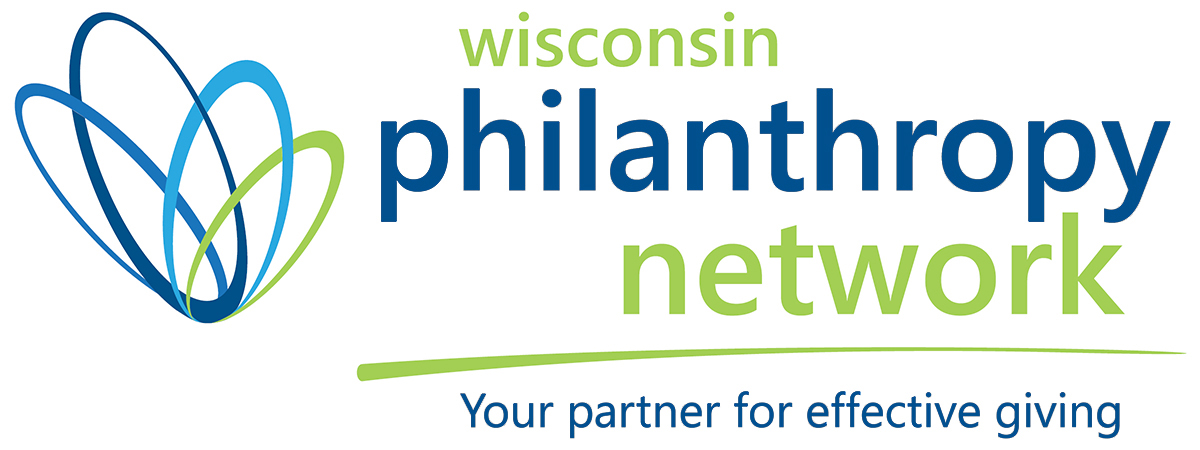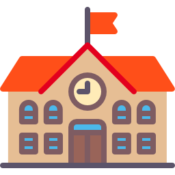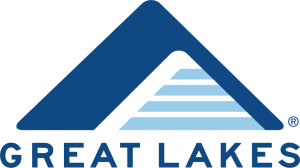15 Wisconsin Public School Districts Selected to Join Great Lakes’ Text Steps Project
$630,000 in grants to help districts combat "summer melt," improve on-time college enrollment rates
Madison, Wis.—As many as 40% of high school graduates from underserved communities who have been accepted to college don’t end up starting classes in the fall. The reason? Without the support of counselors who guided them through the admission and financial aid application processes, many students are unable to complete critical tasks over the summer, like finalizing financial aid packages, registering for orientation and confirming campus housing. The phenomenon, known as "summer melt," is most prevalent among students who are first in their family to go to college.
A new project from Great Lakes Higher Education Corporation & Affiliates is helping 15 Wisconsin public school districts combat summer melt with a combined $630,000 in grants. The Text Steps project provides start-up funding and other support the districts need to launch summer texting programs designed to help students compete final steps on the path to college.
Extensive research—much of it conducted by Dr. Ben Castleman of the University of Virginia and Dr. Lindsay Page at the University of Pittsburgh—indicates that text "nudges" sent by counselors over the summer can increase the number of students who successfully enroll come fall. Reminder messages include links to encourage immediate action and invitations to text back for more help.
Text Steps builds on knowledge Great Lakes gained through a 2015 project in which Dr. Castleman studied what it took for three Wisconsin public school districts to launch summer texting programs. During the two-year Text Steps project, a dedicated Great Lakes program officer will coach the 15 districts through all stages of program development, including support with data and technology. Project Coordinators for each district will participate in monthly conversations with their Text Steps peers, experienced colleagues and national experts.
While access to mobile phone technology continues to expand, Great Lakes recognizes that disparities in cellphone access persist for the poorest families. Throughout the grant period, the Text Steps grant team will work with the school districts to better understand and remove barriers to student participation.
"Our grantmaking is all about building opportunity," said Richard D. George, President and Chief Executive Officer of Great Lakes. "We look forward to supporting our Text Steps partners as they help their students advance toward their postsecondary goals."
Text Steps Project Participants
- Adams-Friendship Area School District - $37,275
- Unified School District of Antigo - $37,275
- School District of Fort Atkinson - $37,275
- Green Bay Area Public School District - $47,100
- Kenosha Unified School District - $47,100
- School District of La Crosse - $47,100
- School District of Monroe - $37,275
- Racine Unified School District - $47,100
- St. Francis School District - $37,275
- Sheboygan Area School District - $47,100
- School District of South Milwaukee - $37,275
- Tomahawk School District - $37,275
- Watertown Unified School District - $37,275
- West Allis-West Milwaukee School District - $47,100\
- Wisconsin Rapids Public Schools - $47,100
For more information, please visit community.mygreatlakes.org.
About Great Lakes: Dedicated to making college education a reality since 1967. Knowing that education has the power to change lives for the better, Great Lakes Higher Education Corporation & Affiliates was established as a nonprofit group focused on a single objective: helping students nationwide prepare for and succeed in postsecondary education and student loan repayment. As a leading federal student loan guarantor, Great Lakes provides information, tools and counseling to 3 million borrowers nationwide. The group’s earnings support one of the largest and most respected education philanthropy programs in the country. Since 2006, Great Lakes has committed $327 million in grant funding to promote higher education access and completion for students of color, students from low-income households and first-generation students. For additional information, visit community.mygreatlakes.org.





